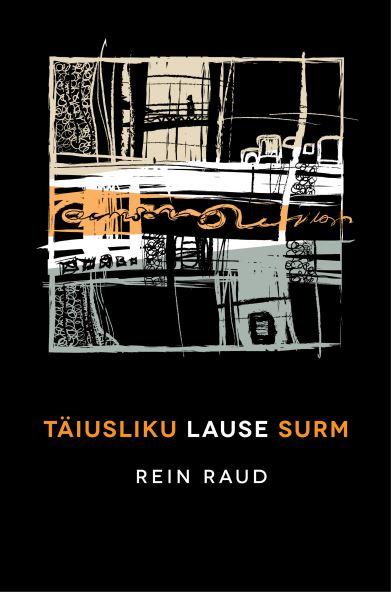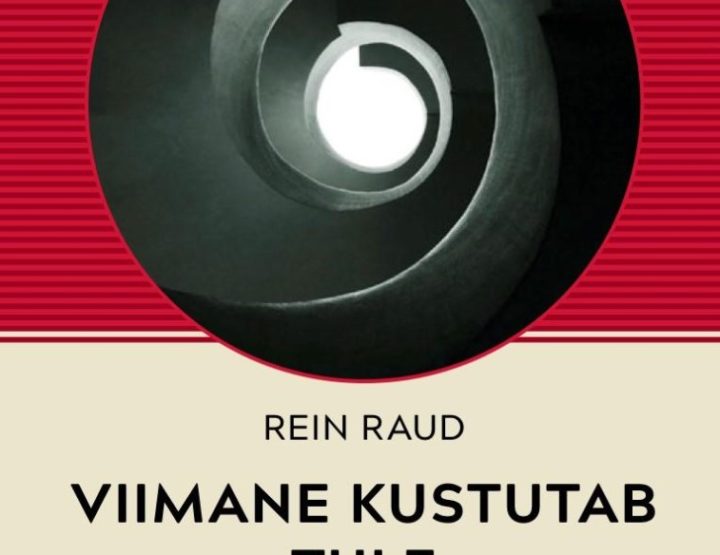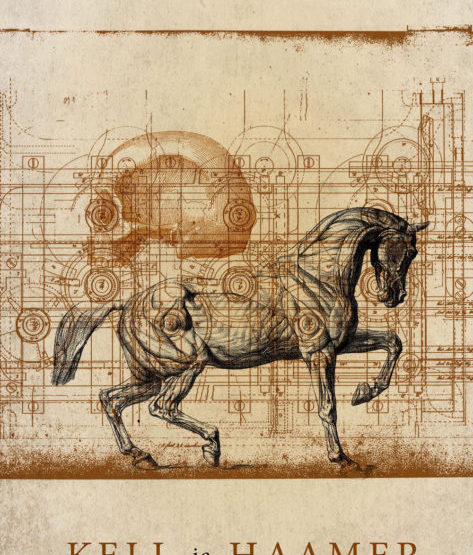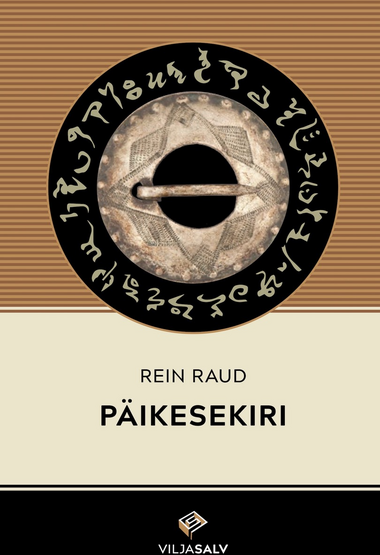Rein Raud, Täiusliku lause surm (The Death of the Perfect Sentence)
Tallinn, Mustvalge Kirjastus, 2015. 176 pp
ISBN: 9789949947386
Rein Raud (b 1961) is one of Estonia’s most influential and esteemed intellectuals, whose opinion pieces generally cause strong social resonance. Although Raud’s public activity – including serving as rector of Tallinn University from 2006–2011 – sometimes tends to overshadow his literary contribution, he can undoubtedly be regarded one of the country’s most appreciated and highly-awarded prosaists. Two of his novels – Hector ja Bernard (Hector and Bernard, 2004) and Rekonstruktsioon (The Reconstruction, 2012) – have received the Cultural Endowment of Estonia’s Award for Prose.
Raud’s newest short novel, The Death of the Perfect Sentence, is testament to his continued superb writing. In it, Raud addresses a subject that has been dealt with little in recent Estonian literature – the final moments of the Soviet occupation. Yet Raud – a professor and expert on East Asia – wouldn’t be himself if the book didn’t speak of other things. The Death of the Perfect Sentence can be called a spy novel mixed with memories, in which young resistance-fighters endeavour to out-smart the KGB. Yet, it is just as well a story about bungled opportunities, the destruction of love, and the death of trust. The latter is perhaps the work’s central message, and discussion of a trust deficit can also be taken as a reference to today – no doubt modern-day Estonia and Western society as a whole are struggling with a similar phenomenon. True, the reasons for this are seemingly different than they were under communist totalitarianism, but as Raud points out, this is only on the surface – people today are also solitary, cut off from others, and can only be guided by their best judgements, which may benefit them, but which may also lead them to paranoia. In Estonia’s case, though, the baggage of history is a free extra – it may not be entirely visible anymore, but shedding it is that much more difficult.
The Death of the Perfect Sentence is undoubtedly stylish. Raud’s stylistic mastery has indeed been highlighted before, but at the same time, he re-confirms in his newest work the fact that he is unsurpassable in the short-novel genre. Raud appears before the reader as an inventive author, whose outwardly simple and concise style is always brimming with stances and critique – sometimes observing the characters and developments from a distance, other times seeing things through their eyes.
One interesting trick that Raud employs is the insertion of remarks and digressions between the lines of the main body, presented in isolated boxes. Occasionally, he uses these to comment on the text (for instance, one box answers a question he was asked by a friend who read the draft manuscript – On what occasions were ties were worn in Soviet society, and on what occasions weren’t they?), while other times, he tells stories that are loosely tied to the general topic but would not have fit in the central narrative. This gives the novel a unique rhythm and makes the story (which otherwise bears a grim atmosphere – think KGB, arrests, painful memories, and forced choices between conformism and imprisonment) not only thrilling, but also a witty reading experience, which in addition to its true-to-detail recollections leads thoughts to the present-day. Although the story is imagined in terms of details, it is, by way of atmosphere and descriptions of everyday life, a realistic glance into Estonia’s past that offers an explanation for why Estonians are exactly who we are today.
Peeter Helme (1978) is an Estonian writer and journalist, and anchors Estonian Public Broadcasting’s literary radio programs. Helme has published five novels. The latest, Deep in the West (Sügaval läänes, 2015), is a drama set in the industrial Ruhr Valley.





